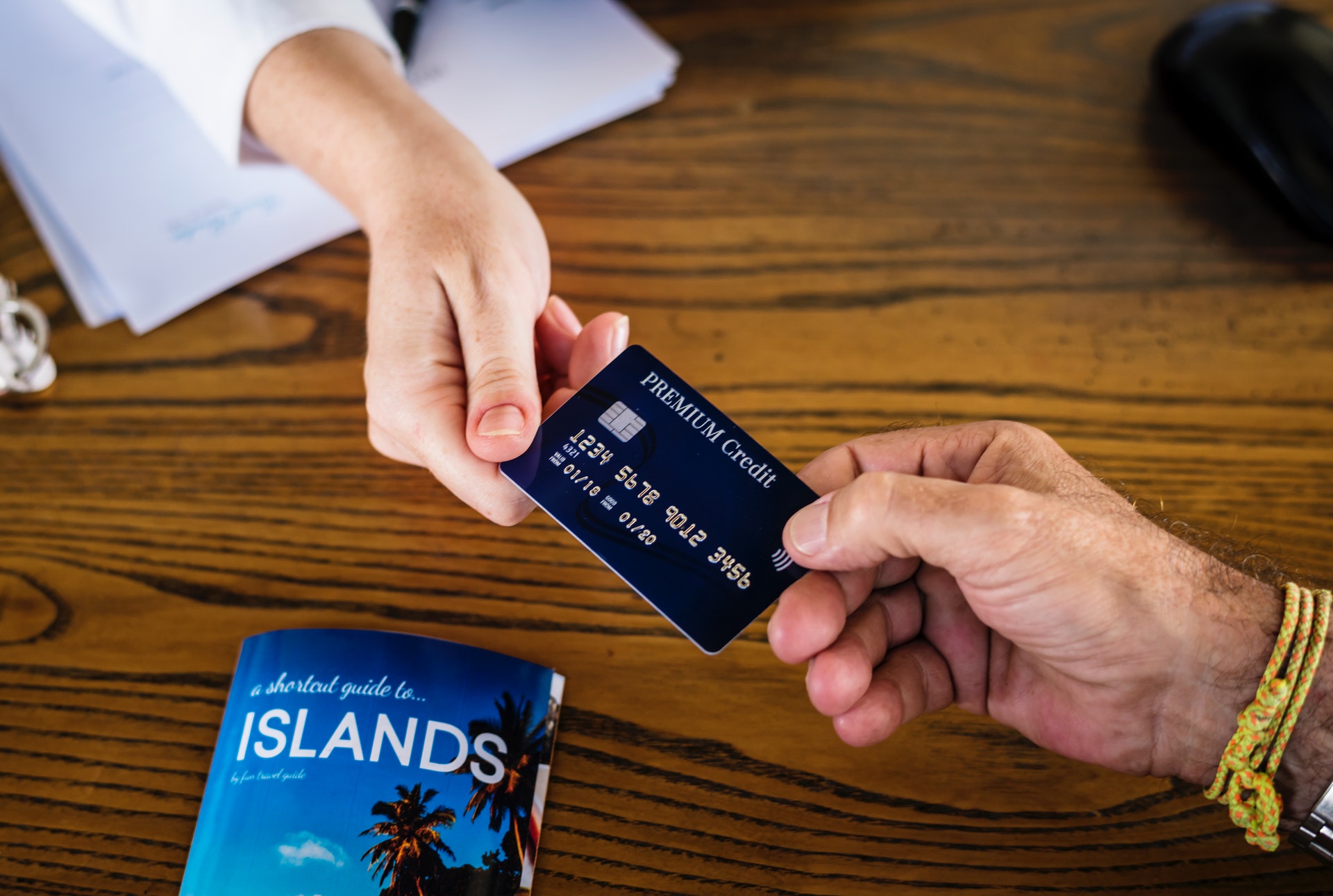Criminal defense is one of those areas of law that your grandfather would be horrified to find out that you practice. “You’re representing criminals? Just what do you think you are doing, young lady?” Nevertheless, those who practice this area of law know its importance as well as its difficulties.
If those accused of crimes were not afforded legal protections, all the power in the world would be in the hands of the government. This would be a horribly skewed (or nonexistent) legal system. Imagine if the government could just come into your house and seize your belongings without repercussion. Thankfully it cannot, thanks to the Fourth Amendment and the criminal defense lawyers who would use it to defend you. Criminal defense lawyers know that it is possible their clients committed horrible crimes, but they also know that the accused have many rights worth defending.
Here are a few of the important things that criminal defense lawyers do:
- Securing release from jail on bail
- Negotiating with opposing counsel to secure an acceptable plea bargain
- Creative thinking and problem solving used to formulate a theory as to why the defendant was falsely accused
- Investigating and researching
- Interviewing witnesses
- Drafting documents
A criminal defense lawyer might argue that his or her client was justified in the action, did not understand the significance of the action, that another person committed the crime, or that there wasn’t actually a “crime”. There are a variety of creative solutions to keep the prosecutor from proving guilt beyond a reasonable doubt. For example, in a rape case, the lawyer might argue that there actually was consent, or that the accused was mentally incompetent, or that evidence pointed to another person being the rapist.
Criminal defense lawyers may get to handle extremely violent crimes such as sexual assault, rape, or murder, and they may also handle drug-related crimes, DUI violations, and other “lesser” crimes. At any rate, criminal defense lawyers certainly have fast-paced and unpredictable jobs.
Getting a job:
Due to the stigma of this being a very undesirable job, not many people choose to take it, but there are constantly people charged with crimes who need defense lawyers. Thus, this is an area of law in which people are highly sought. According to the Balance Careers, “the number of people sentenced to prison has risen nearly threefold over the past 30 years” (What Does a Criminal Lawyer Do). Public defenders and those working for non-profits do not make very much – only $30,000 to $50,000 (What Does a Criminal Lawyer Do). Experience and working high up in a law firm can mean six-digit figures, a number much closer to the average for lawyers in all practice areas.
Would you like this practice area?
If you are thinking about criminal defense law, you were probably the kid in elementary school who stood up to a bully to defend the bully’s victim. If you’ve made a habit out of defending people and are always capable of seeing the best in people, you will probably like this area of law. You must be good at coming up with creative arguments and good at dealing with others. You must enjoy working in a fast-paced environment and always thinking on your feet. If you prefer to be behind the scenes and like taking your time to carefully plan out everything you do, you will probably not enjoy this atmosphere where you will constantly be put on the spot.
Consider whether these articles interest you:
The Defenses and Penalties for a Probation Violation (Oliva)
“Although probation is considered by some people to be a “get out jail free” card, in reality, it is a serious sanction for criminal behavior. When a Tennessee court sentences a defendant to probation, that person is required to strictly comply with a number of conditions. Any failure to comply may serve as grounds to revoke probation and send the defendant to jail to serve the remainder of their sentence.”
Read more
Do I Have to Consent to a Police Search of my Car? (Mentes)
“An officer asking to search your vehicle can be a confusing question, especially if they ask it during what appears to be a routine traffic stop. Many people don’t understand what their rights are in this situation, and whether they should cooperate with the officer’s request. “Many honest, hard-working people have this belief that if they comply—and give the officer this and give him that—this officer is going to be my friend. It just doesn’t work out that way,” says Stephen Hébert, a Louisiana criminal defense attorney. “The officer is looking for some reason to arrest you, and it’s just that plain and simple.””
Read more
California Domestic Violence Charges: The Best Legal Defenses (Chudnovsky)
“Domestic Violence charges can have a devastating effect on your life. The life-long consequences of a domestic violence abuse conviction cannot be overstated. Getting arrested and having your personal life examined in criminal courts is embarrassing and nerve racking. No one wants the government involved in their personal relationship.”
Read more
Attorney Spotlight:
Emily Amara Gordon works for
Amara Law, a firm specializing in Green Cards & Residency, Deportation & Removal Hearings, and Immigration Bond & Criminal Offenses. She spends about half her time doing criminal defense.
Emily’s interview:
Q: How long have you been a lawyer?
A: 5 years
Q: Where did you go to law school?
A: New England Law
Q: In what practice area(s) do you practice? If more than one, what’s the percentage of each?
A: Criminal Defense and Immigration (50/50)
Q: What size is your firm?
A: 2 lawyers and some support staff
Q: Describe an average day at work…
A: Every day is different. However, I most often meet with clients, send emails, go to court, and have USCIS interviews. I don’t spend too much time on the phone (maybe 2 hours a day max); most of my communication is through other methods of messaging. I write some motions and occasionally a memo. I collaborate for criminal cases to strategize, and I talk to experts, like an investigator.
Q: How many hours a week do you typically work?
A: It varies depending on whether I am on trial that week, but I would say I average 60. Since it is my practice, the advantage is I can control my schedule to some degree, and I enjoy that flexibility.
Q: What makes your day-to-day work different from that in other practice areas?
A: It’s hard because I’ve never done anything else, but I would say that I’m in the courtroom a lot and not behind my desk very much. Criminal law is very fast-paced, unpredictable, and last minute; you need to be able to think on your feet.
Q: What do you like most about your job/practice area?
A: There’s nothing like a jury trial! Trying a case is a lot of responsibility (and terrifying), but in my opinion, it is one of the greatest experiences I’ve had practicing law. I think especially in criminal law there is a lot of collaboration and the people are wonderful! The state employees are pleasant and always go out of their way to help people.
Q: What do you like least about your job/practice area?
A: The unpredictability can be difficult. You also literally have someone’s life in your hands; I don’t dislike that, but it is certainly very challenging!
Q: What advice would you give students interested in learning more?
A: Talk to as many lawyers as you can and get as many opinions as you can, so that you can make an informed decision. For criminal or immigration law, go to court and watch a case! Volunteer at citizenship clinics, help with communities in need, and see what it is really like to help people.
You want to make money and do well, but you also want to enjoy what you do – that’s always the goal!
– Emily Amara Gordon
Conclusion:
If you have a passion for helping others and want to work in a fast-paced and unpredictable environment where you must think on your feet, you will love the adrenaline rush of criminal defense law.




























